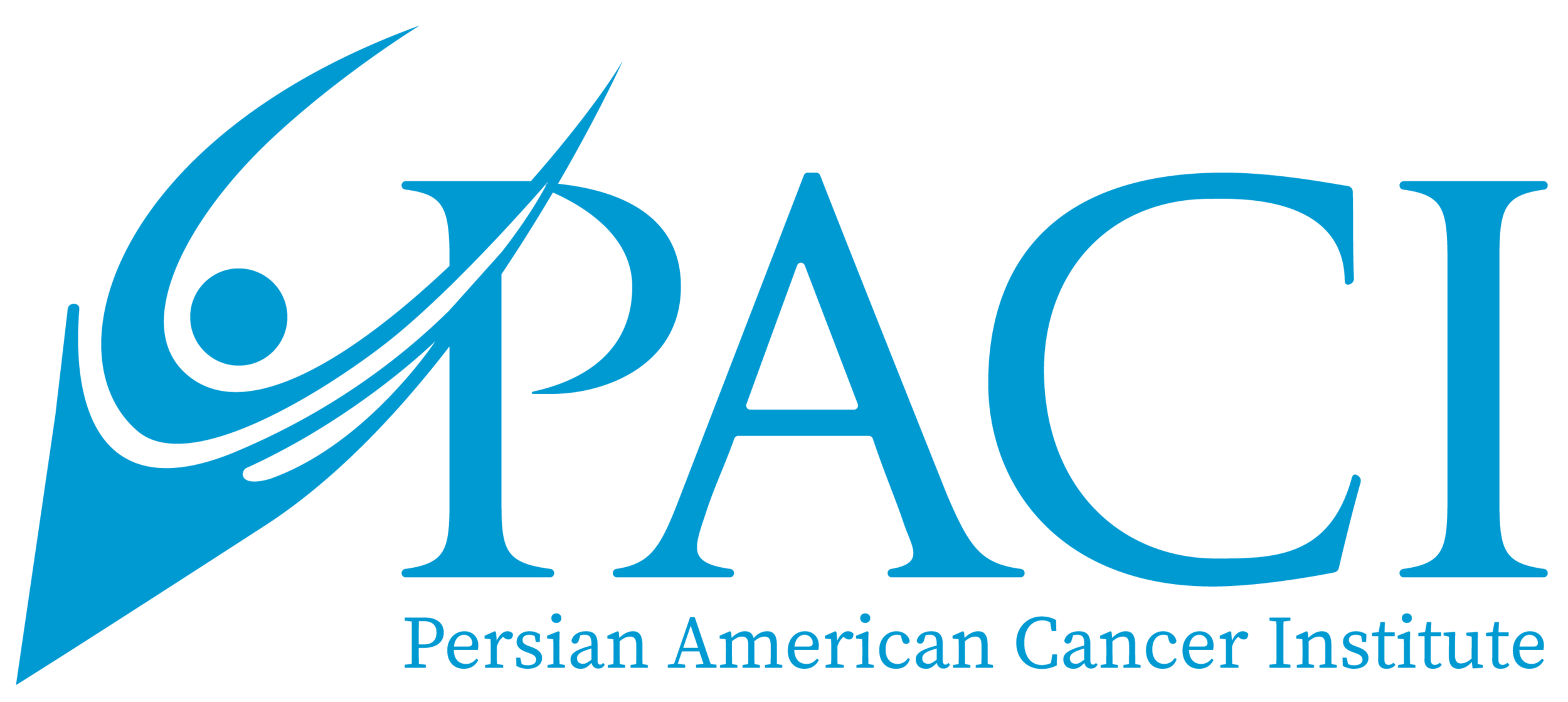Brain Cancer Therapy Shows Promise in Pediatric Clinical Trial
Article published by Genetic Engineering & Biotechnology News - July 15, 2022
A new antibody therapy for children with medulloblastoma has shown promise during a Phase I clinical trial. The antibody, which targets a protein that enables cancer cells to multiply and spread, was well tolerated and helped to stabilize the disease, helping to preserve the patients’ quality of life.
The trial was led by researchers at Atrium Health Levine Children’s Hospital in Charlotte and Massachusetts General Hospital (MGH) in Boston. They published their findings in a Clinical Cancer Research article titled, “A Phase I Trial of TB-403 in Relapsed Medulloblastoma, Neuroblastoma, Ewing Sarcoma, and Alveolar Rhabdomyosarcoma.”
Medulloblastoma is the most common type of brain cancer in children. These tumors are known to be aggressive—growing quickly and having the potential to metastasize to other areas of the body. Relapsed and refractory tumors are especially challenging after the standard treatments of surgery, radiation, and chemotherapy have failed.
The trial enrolled 15 children with relapsed or refractory medulloblastoma that did not respond to standard treatments. Patients received increasing doses of the antibody TB-403 (20 mg/kg, 50 mg/kg, 100 mg/kg, and 175 mg/kg), and all patients received two doses of TB-403 in the first cycle of treatment. The maximum tolerated dose—defined in clinical trials as the highest dose of a drug that does not cause unacceptable toxicity—was not reached.
Importantly, although there were no significant reductions in tumor size, seven of 11 patients in the trial experienced disease stabilization—stoppage of progression—and which persisted for more than 100 days in four of those patients. Disease stabilization may have been caused in part by chemotherapy, which was readded for some of the patients.
“These findings indicate that treatment with TB-403 should be tested in larger studies of children with advanced medulloblastoma and perhaps at earlier stages, in combination with standard therapies,” said lead and corresponding author Giselle L. Saulnier Sholler, MD, director of the Isabella Santos Foundation Solid and Rare Tumor Program and chair of the Beat Childhood Cancer Research Consortium at Levine Children’s Hospital.
Currently, there are no treatments for relapsed medulloblastoma, and the survival rates after relapse are low. “Of note, subjects in this study were at home while on treatment, with few hospital admissions, which is critical for preserving quality of life when additional time with family is often the goal of therapy,” wrote the authors in the article.
The antibody TB-403 recognizes placental growth factor (PlGF). The MGH research team previously showed that PlGF and its receptor neuropilin 1 (NRP1) are often overexpressed in human medulloblastomas and are required for its growth and progression in mouse models. That work also demonstrated that blocking the PlGF/NRP1 pathway in medulloblastoma models caused tumor regression, decreased spread to the spinal cord, and prolonged survival.
“Beyond the new biological insights, the experimental results were particularly exciting because blocking PlGF, unlike other cancer-related pathways, was safe in humans and thus was a particularly promising strategy in the pediatric population,” said senior author Rakesh K. Jain, PhD, director of the E.L. Steele Laboratories for Tumor Biology at MGH and the Andrew Werk Cook Professor of Radiation Oncology at Harvard Medical School. “We are thrilled to see the initial translation of these concepts into a clinical trial.”

